What is martial law and could it be introduced after Brexit?
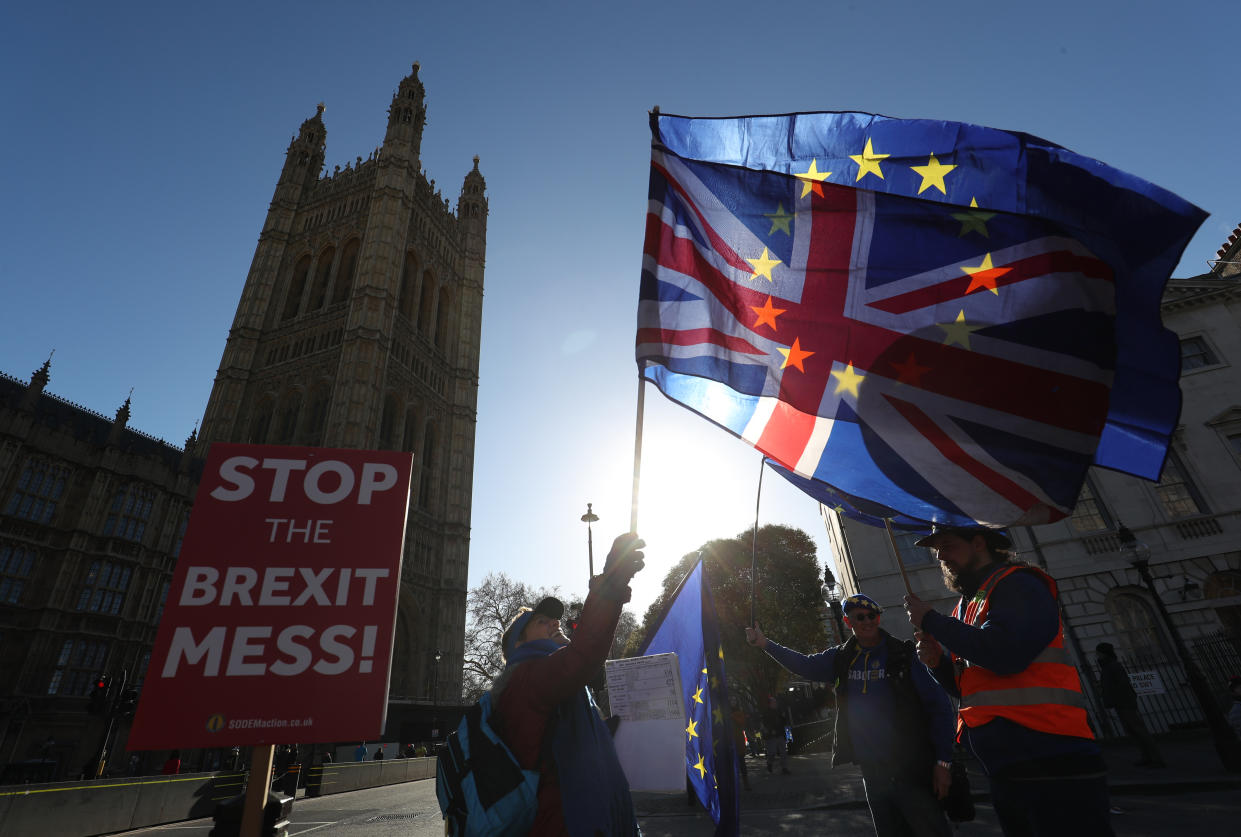
Brexit planners have considered martial law in the event of a no deal Brexit, reports at the weekend revealed.
The Sunday Times reported how senior civil servants are preparing for every eventually, including the possible introduction of martial law, in the event of a no deal Brexit.
However, in an interview on the Andrew Marr Show on Sunday, Health Secretary Matt Hancock said while martial law is on the statute book, it is not a main focus. However, it has been considered.
But what would that mean?
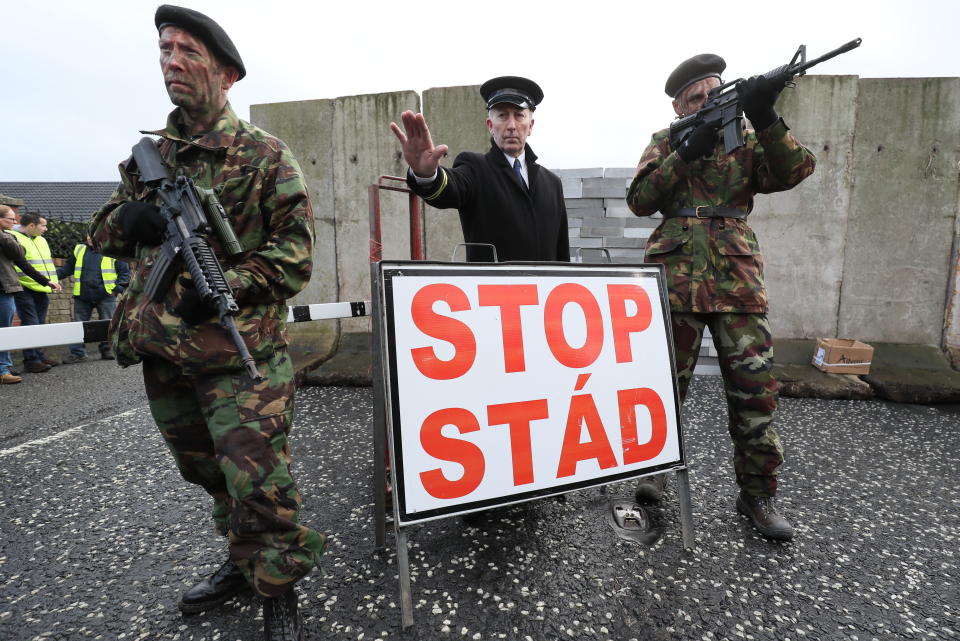
What is martial law?
Martial law is when regular government, and laws, are suspended – most commonly in the event of a natural disaster, major emergency or military coup.
Commonly, this includes travel bans, curfews, confiscation of property, no-go areas and the deployment of troops.
Often, military personnel are deployed to enforce these measures and help to keep order.
Also, any Act of Parliament – except the Human Rights Act – can be extended for 21 days.
Why would it be used?
Formally known as the Civil Contingencies Act 2004, in the case of Brexit it would be used due to concerns over civil disobedience.
Especially, as the Sunday Times reported, if it would lead to disorder and food and medical shortages.
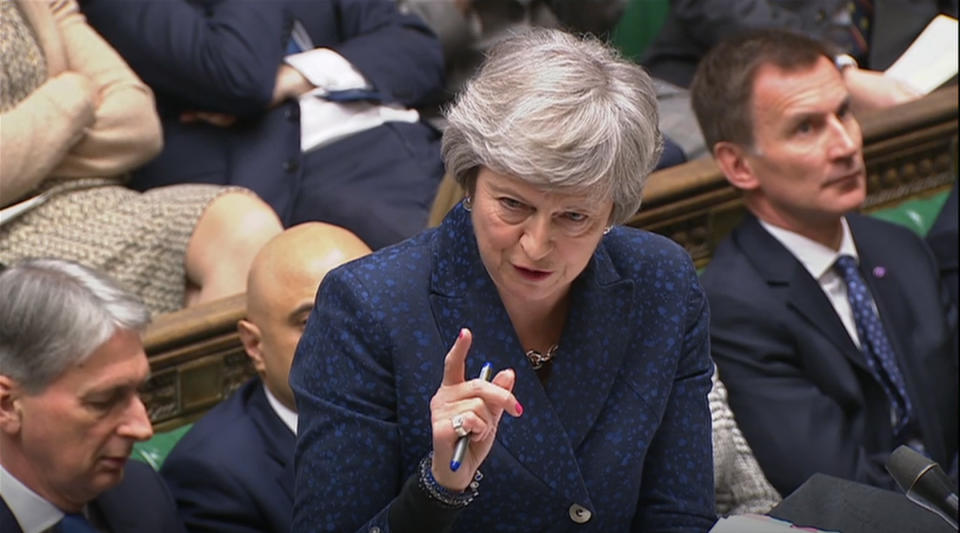
So, who told the Sunday Times?
A senior civil servant told the Sunday Times: The overriding theme in all the no-deal planning is civil disobedience and the fear that it will lead to death in the event of food and medical shortages.”
Has it been used in the UK before?
Not exactly. The British government used similar measures during the Irish war of independence and throughout the Troubles before the Good Friday Agreement there was a strong military presence throughout Northern Ireland but thankfully there have been no real instances on mainland Britain.
In 2011 there was fury during the London Riots when Downing Street refused to introduce martial law to restore order – instead riot police and regular officers restored order.
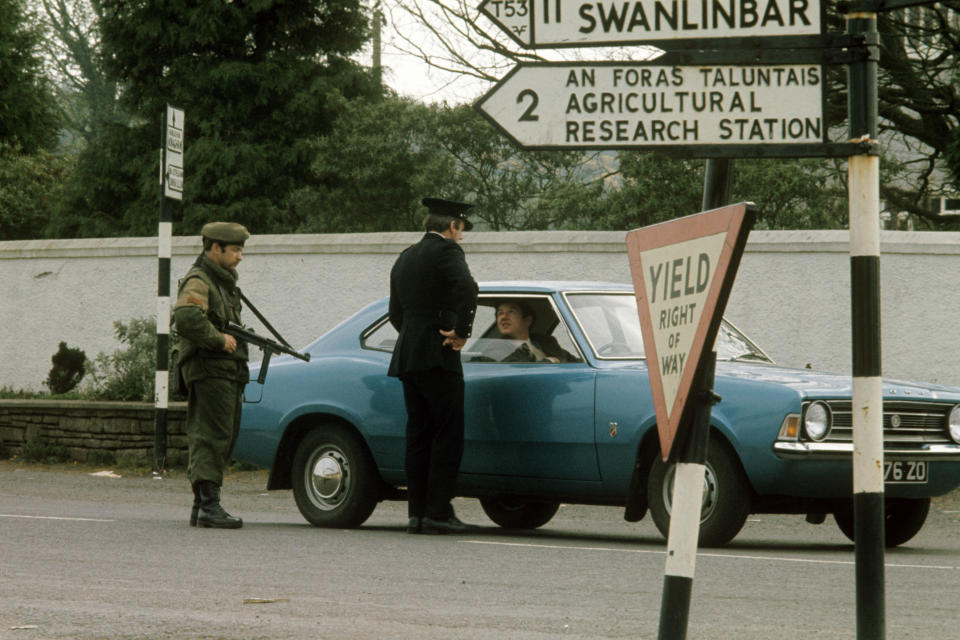
Ok, then where has it been used?
It is more commonly used in non-democratic countries.
In Egypt martial law has been in place practically since 1967 with the act being renewed by parliament every three years.
It has been used in Thailand – notably following a military coup in 2006 and again following civil unrest in 2014.
In Poland Communist generals introduced martial law in December 1981 to stop the opposition gaining power and popularity, it remained in place until July 22 1983.
In November 2018 Ukrainian politicians voted in numbers to introduce martial law in coastal regions and areas bordering Russia in response to growing aggression from Vladimir Putin’s regime and hostilities in the Crimea.
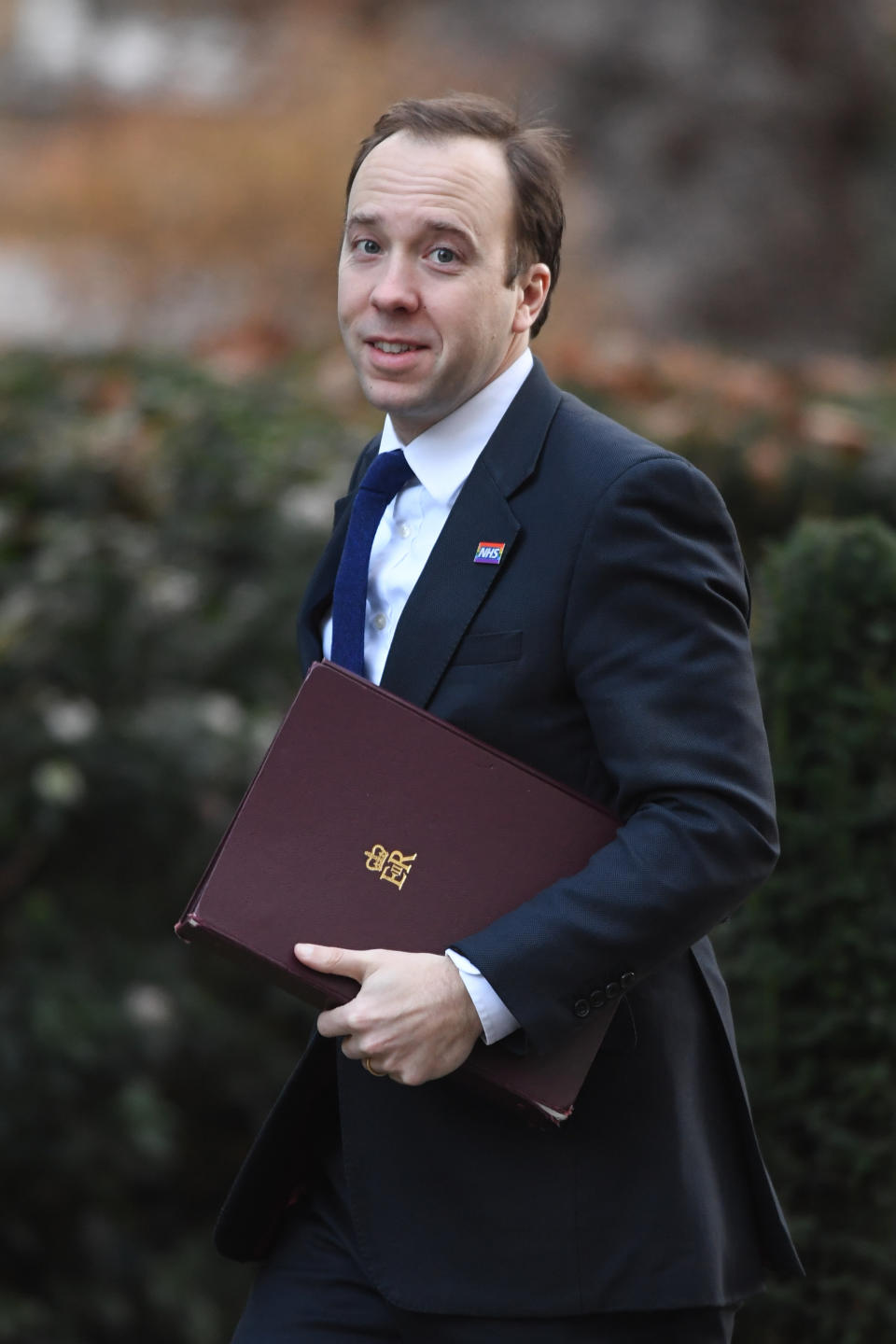
What exactly did Matt Hancock say?
During Sunday’s edition of the Andrew Marr Show Mr Hancock was asked if the government was considered martial law and curfews.
In response he said: ” Well I wouldn’t put a stress on that. Of course government all the time looks at all of the options in all circumstances.”
When pressed he went on to say the government was “not specifically” looking at martial law, adding: “Well it remains on the statute book, but it isn’t the focus of our attention, no.”
And what has been said since?
Other departments have pointed towards Number 10 in response to martial law and its likely introduction.
A Downing Street spokesman said: “Respecting the referendum decision means leaving the EU.
“The Prime Minister has said there will be disruption in the event of no deal, but as a responsible government we are taking the appropriate steps to minimise this disruption and ensure the country is prepared.”

 Yahoo News
Yahoo News 
